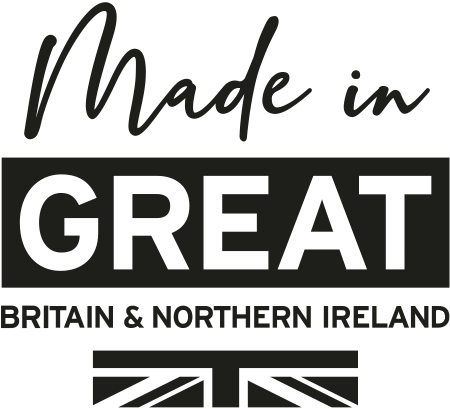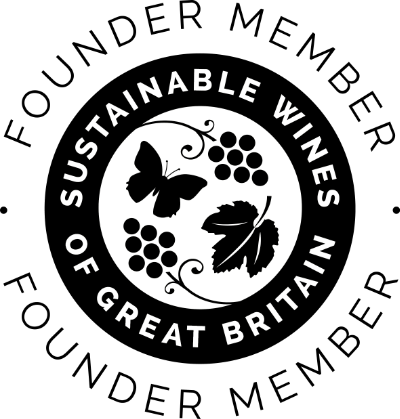In Conversation: Andrew Weeber, Founder of Gusbourne
It all started in Stellenbosch
I tend to do things first and think about why afterwards. When I went to Stellenbosch University, I quickly decided biochemistry wasn’t for me, so I put myself through medicine. Now Stellenbosch has the finest wine in South Africa. Stellenbosch eats, drinks and breathes wine, and I certainly did my share of eating and drinking!
Four-wheeling it to barbecue country
Years later I moved my family to Yorkshire (I have dual British-South African nationality) – just because I thought it would be a good life experience for my wife and five children. When we got there, I was working as an orthopaedic surgeon and we lived on a little farm up in the Dales. I bought a four-wheel drive to handle the terrible winters. But there were none, only one snowstorm in 15 years. By this time one of my daughters was living in Kent, and one weekend she invited us for a sunny barbecue. I started reading up on the climate patterns there. Possibilities looked promising!
One tractor or two?
Then I heard of a farm for sale in Kent. A really big farm – 500 acres, all arable. So, I bought it. Everyone thought Dad had lost his marbles. My reading about Kent’s climate and sunshine hours meant I knew I wasn’t throwing good money into a pit of optimism. I was also very aware of all the people who dream about buying vineyards as a lifestyle. Most of those ventures end in tears because people haven’t thought it through. But I did. When I first started, I thought, well I can’t plant a vineyard on just a couple of acres. If you’ve got 12 acres, you need two tractors. Because one tractor will break at the most inconvenient time. And if you’ve got to scale up your equipment, you need to make it worthwhile. So, I started with 50 acres.
No substitute for human hands
As well as death and taxes, there's a third certainty in life, and that's that the cost of labour will rise. When you design your farm and your vineyard, you’ve got to be highly mechanised. Two exceptions, it seemed to me, are harvesting and pruning. That needs to be done with inordinate care. At Gusbourne, we do whole-bunch picking. We have a core of pickers who are very loyal, who work very hard and we treat them very well. These are people who come back every season, and that builds experience and knowledge over time. Our grapes get picked and taken to the winery quickly. Pruning is also an art, because every vine is sculpted to its individual strength. All vines grow at different speeds, so you can’t have a one-size-fits-all approach to pruning.
Under the skin
When I changed from biochemistry to orthopaedic surgery, I never deviated for one second. And it shaped my thinking about Gusbourne too. My surgeries were always calm places, no dramas, with classical music playing and everyone taking care to do the best possible job. And once you get into that habit, you apply the same methodology when you’re planting and cultivating grapes. Making great wine doesn't happen by accident, but it helps to have been lucky enough to buy a wonderful piece of land. From Stellenbosch to Kent, the journey’s turned out to be even better than I thought.
You may also like...
Behind the label: What's in a name?
Producing only the finest still wines









